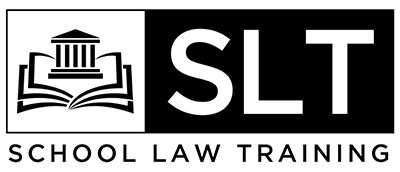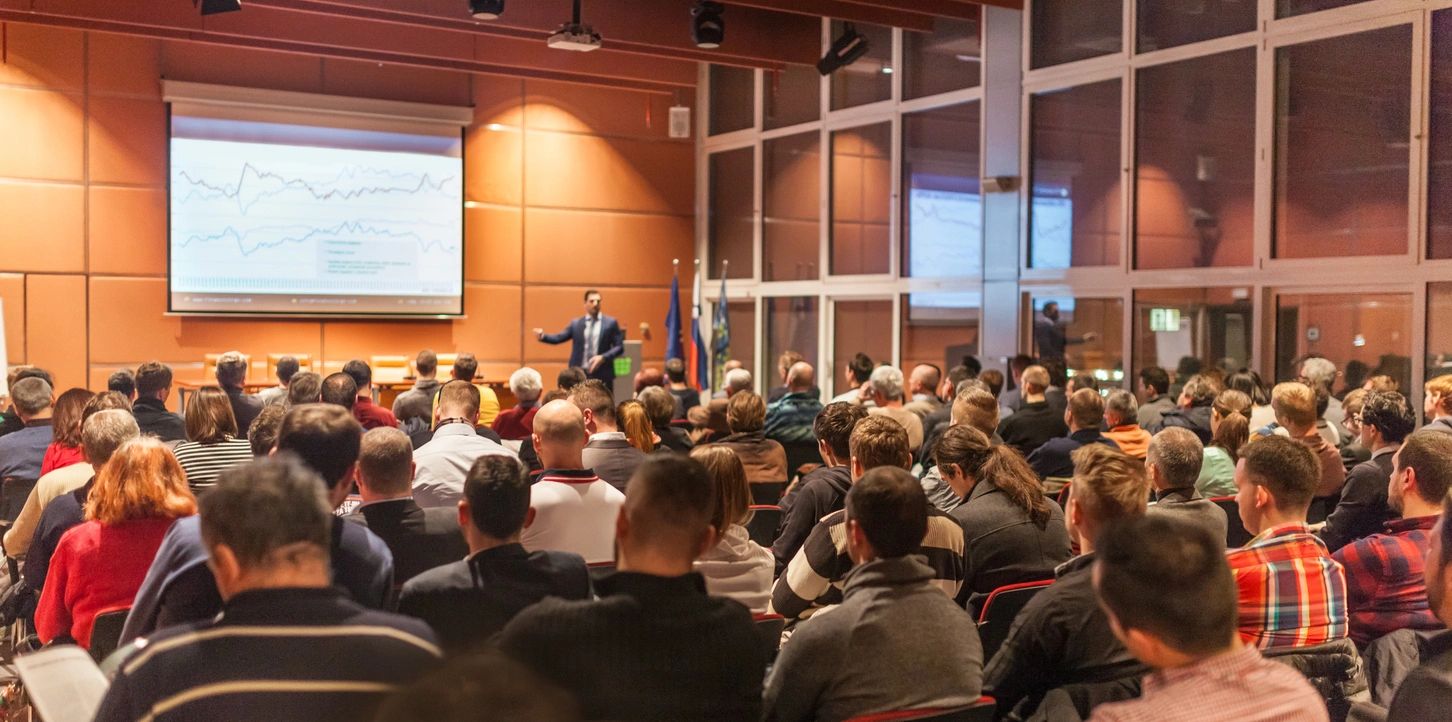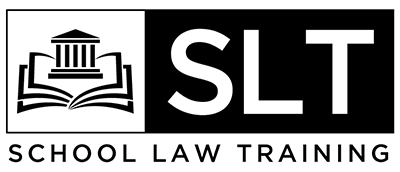Throughout California’s history, local legislative bodies have played a vital role in bringing participatory democracy to the citizens of the state. Local legislative bodies – such as boards, councils and commissions and charter school boards – are created in recognition of the fact that several minds are better than one, and that through debate and discussion, the best ideas will emerge.
The law which guarantees the public’s right to attend and participate in meetings of local legislative bodies is the Ralph M. Brown Act.
While local legislative bodies generally are required to hold meetings in open forum, the Brown Act recognizes the need, under limited circumstances, for these bodies to meet in private in order to carry out their responsibilities in the best interests of the public. For example, the law contains a personnel exception based on notions of personal privacy, and a pending litigation exception based upon the precept that government agencies should not be disadvantaged in planning litigation strategy. Although the principle of open meetings initially seems simple, application of the law to real life situations can prove to be quite complex.
Coupled with the Brown Act, effective Governance of a nonprofit corporation operating a charter school requires an understanding of authorizer oversight responsibilities, board member duties and obligations, conflict of interest laws and board – management relations and responsibilities.
This course covers the following topics:
- Purpose and Scope of the Act
- Definition of Meetings
- Notice and Agenda Requirements for Meetings
- Rights of the Public
- Permissible Closed Sessions
- Penalties and Remedies for Violations of the Act
- Charter School Oversight and Authorization
- Audits
- Nonprofit Board Member Liability
- Good Faith, Best Interest and Policymaking Judgment
- Govt. Code 1090
- Form 700
- Governance and Management Roles and Responsibilities


